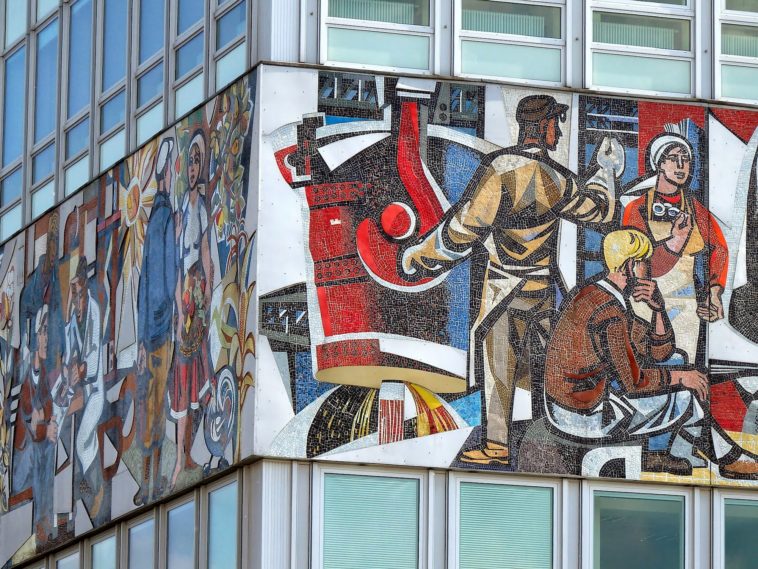Socialism is an elaborate economic system wherein the mechanisms for generating goods and services are under shared ownership and management. The system’s various forms have been implemented across different cultures and political landscapes, most notably in the Soviet Union during the 20th century. This umbrella term houses an array of specific types of socialism, each with its own attributes, philosophies, and mechanisms for economic governance.
Key Components of Socialism
Collective Ownership
At the core of socialism lies the principle of collective ownership. This is distinct from capitalism, where resources and the means of production are privately owned and managed.
Types of Social Ownership
- Cooperative Enterprises: Employees collectively own and manage the organization. This model is prevalent in sectors like retail and services.
- Common Ownership: Resources like air and water are owned by the community and not by individual entities.
- State Ownership: Here, the government owns and controls resources. This is common in sectors like healthcare and utilities.
- Citizen Ownership of Equity: In this model, citizens own shares of resources, typically managed through a sovereign wealth fund.
Economic Management
Another defining feature of socialism is its focus on cooperative management of the economy.
Decision-Making in Socialist Economies
Decisions related to what to produce, how to produce it, and for whom to produce it are taken collectively. This is often done through democratic processes rather than being solely driven by market forces or individual profit motives.
Varieties of Socialism
Diversity Within the Model
Socialism is not a monolithic economic system but a flexible one, comprising multiple types and subtypes. Some of these include:
Main Types of Socialism
- Democratic Socialism: Utilizes democratic means to achieve socialist ends, striving for a balance between capitalism and socialism.
- Marxism-Leninism: This form is based on the theories of Marx and Lenin, aiming for a state-controlled economy and often resulting in a single-party state.
- Eco-Socialism: This subtype incorporates socialist principles to address environmental issues and aims for collective control over natural resources.
- Market Socialism: A blend of market capitalism and socialism, this type proposes that enterprises can be both competitive and collectively owned.
Socialism and the Soviet Union
Unique Implementation in the USSR
The Soviet Union represents a notable example of socialism, specifically the Marxist-Leninist variant. Founded in 1922 and lasting until 1991, the USSR implemented a centrally planned economy controlled by the Communist Party.
Characteristics of Soviet Socialism
- State Ownership: Almost all means of production were owned by the state.
- Central Planning: The government dictated economic output, resource allocation, and pricing.
- Single-Party Rule: Political power was concentrated in the Communist Party, which made all major policy decisions.
Legacy and Criticisms
The Soviet model of socialism has been subject to extensive criticism for its lack of political freedoms, economic inefficiencies, and human rights abuses. However, it also achieved significant industrialization and played a major role in the defeat of Nazism during WWII.
Historical Context and Evolution
Roots and Development
The concept of socialism originated in the early 19th century as an alternative to the burgeoning industrial capitalism of the time. Since its inception, the model has been adapted to fit various national contexts and political ideologies.
Criticisms and Controversies
Points of Debate
Despite its aim to create economic equality, socialism has been subject to criticisms. Some of these are rooted in concerns about efficiency and individual freedoms.
Common Criticisms
- Stifling of individual initiative.
- Potential for bureaucratic inefficiencies.
- Concerns about government overreach, especially in state-owned models.
Conclusion
Socialism is a multifaceted economic system with a focus on equitable distribution of resources through collective ownership and cooperative management. Its diverse forms and implementations, including the notable example of the Soviet Union, make it one of the most diversified economic models in existence.





